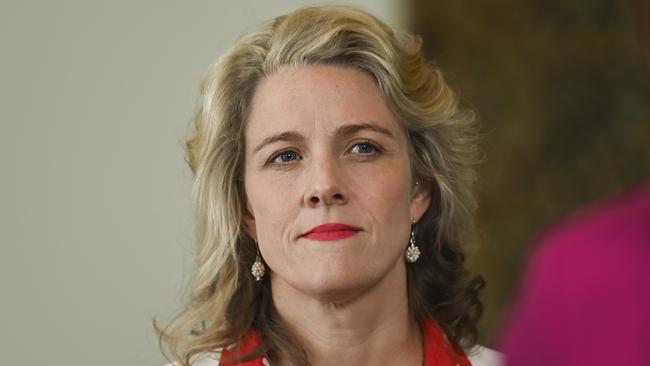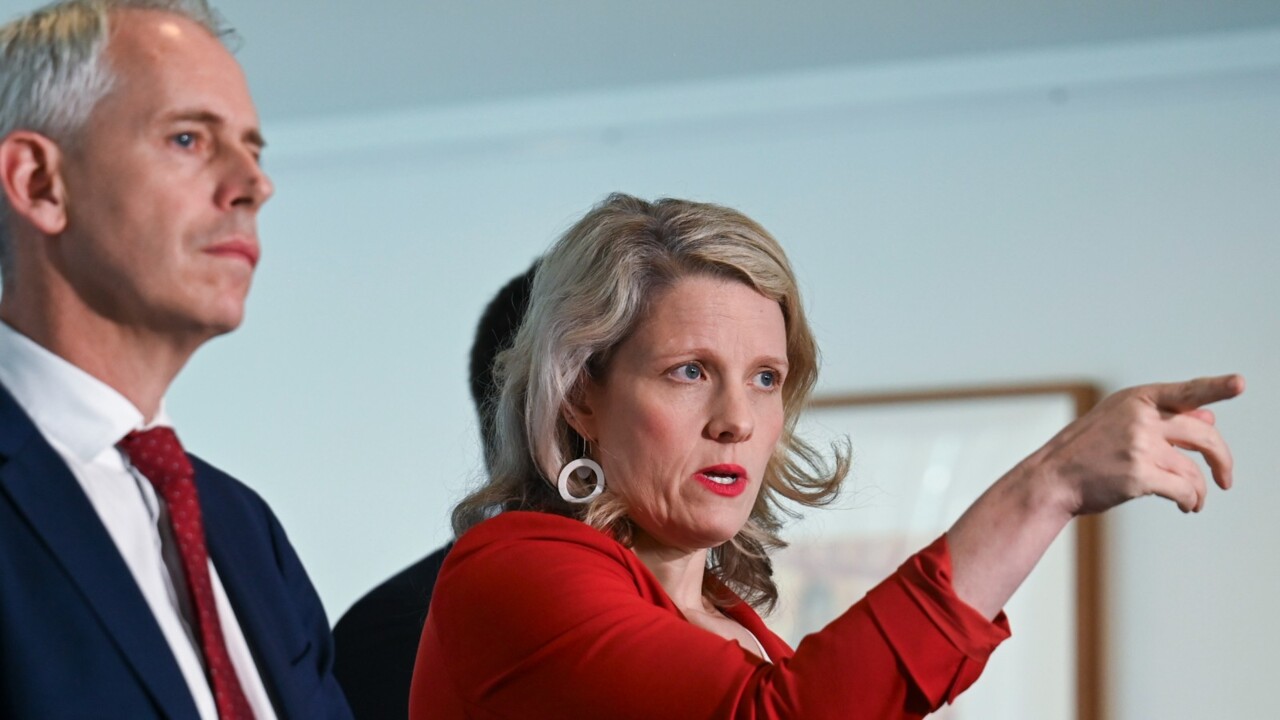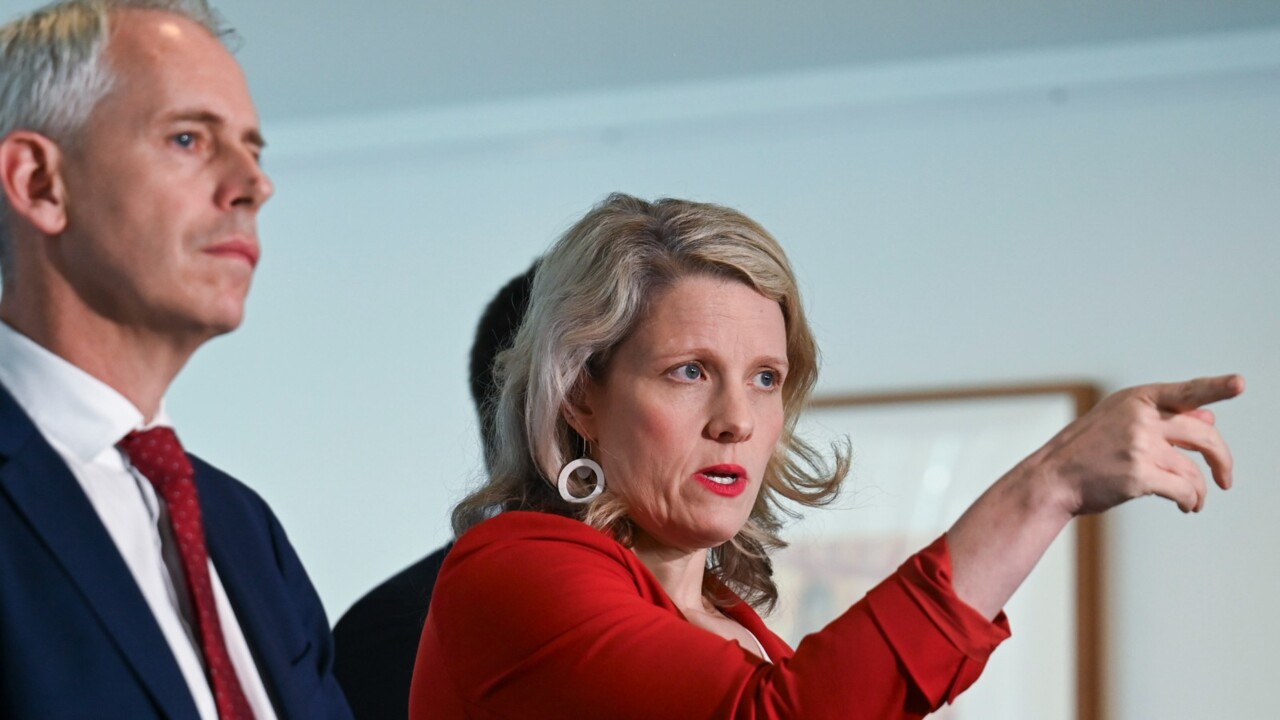Detainee curfews, monitoring ‘vulnerable’ to High Court challenge
Strict monitoring and curfew conditions placed on detainees released from detention are ‘vulnerable’ to challenge, experts say.

Strict monitoring and curfew conditions placed on detainees released from indefinite detention are “vulnerable” to constitutional challenge, experts say, as the government struggles to navigate the legal and political minefield left in the wake of last year’s High Court NZYQ decision.
Lawyers for YBFZ, an Eritrean-born man charged with breaching his curfew and failing to recharge his electronic ankle bracelet, have launched a High Court challenge to conditions imposed on him following his release from detention in November.
The man, who fled from religious persecution and came to Australia in 2002 as a 14-year-old, had his visa cancelled in late 2017 and entered into immigration detention after serving 18 months in prison for burglary and recklessly causing injury. As the government’s concession that it has lost control of key aspects of border laws is set to dominate parliament this week, Sydney University professor Anne Twomey said monitoring and curfew conditions could be ruled unconstitutional should the High Court decide their purpose was punitive.
“I do think there are vulnerabilities about electronic monitoring and the like, unless there has been a proper assessment,” she said. “If it (the monitoring and curfew conditions) were done on a wholesale basis – that everybody gets monitored until a decision is made otherwise – than that is more vulnerable to attack than if you have made a serious assessment of a detainee on the basis of the risk to the community. What you need to be able to show is that it is for non-punitive reasons. If you are doing that without an assessment, then it suggests you are being punitive.”

A number of legal challenges to the monitoring and curfew conditions have not proceeded, with the government in each instance changing visa conditions rather than risk another High Court defeat.
On Friday, Home Affairs Minister Clare O’Neil said the High Court had “drawn new boundaries around the powers of the executive and the parliament”. “There continues to be uncertainty about exactly where those boundaries will ultimately be drawn when it comes to key aspects of migration law,” Ms O’Neil said.
Constitutional expert Greg Craven said the High Court could take a dim view of the monitoring conditions attached to the reissued visas provided to dangerous non-citizens. The government last week discovered the visas were invalid due to a technical error and was forced to reissue them. “I’m not saying it’s illegal, but is vulnerable to challenge,” Professor Craven said, adding when the High Court was “on a roll” about separation of powers, “you never know where it will strike next”.
With more legal challenges emerging from last year’s NZYQ decision, the scope was for lawmaking to become “even more complex”, he said, noting, however, that “the court’s purpose is not to solve problems for the government”. “It’s very hard to make policy when you know the High Court is in the field and interested,” he said. But Professor Twomey said the government was on firmer ground when it came to the case of ASF17, an Iranian who had been held for a decade after a failed application for a protection visa.

The commonwealth, like in the NZYQ test case, accepted there was no prospect of him being removed to any country other than his homeland. But the detainee – who says he faces persecution in Iran due to the fact he is bisexual and has converted to Christianity – has actively frustrated his deportation by refusing to meet with Iranian officials.
The judgment in the NZYQ case made special mention that detainees had co-operated with immigration authorities. “My intuition is that the government is in a stronger position in the ASF17 case about people not co-operating, because they are contributing to the fact they are not returning overseas. They (the court) don’t want to give people the incentive to frustrate their own deportation,” Professor Twomey said.
The government is bracing for a series of judicial rulings that could undermine immigration detention, Labor believes the NZYQ ruling and the 2021 Alexander and 2022 Benbrika decisions are the first in a series that draw a new line between what the High Court believes is the role of the court and what it believes the parliament and executive have the power to do.






To join the conversation, please log in. Don't have an account? Register
Join the conversation, you are commenting as Logout